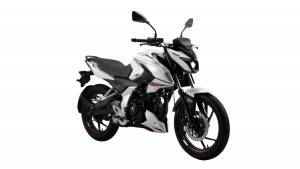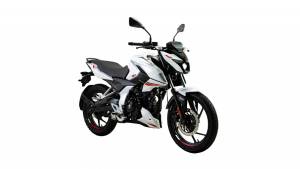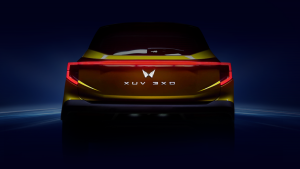2021 Bajaj Pulsar NS125 first ride review
After seeing the small-capacity motorcycles from KTM achieve good levels of success, Bajaj Auto has tried its hand at the mix and made its sporty Pulsar NS brand more accessible to customers with its latest addition - the Bajaj Pulsar NS125.
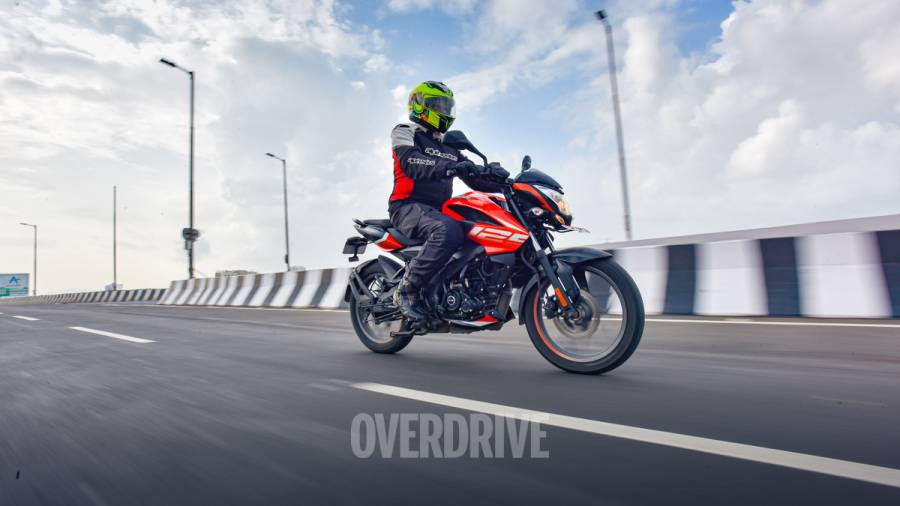
There's no two ways about it, with all its shapely panels, extensions and other styling elements, the Bajaj Pulsar NS125 definitely looks like it's a part of Bajaj's Pulsar NS family. The Bajaj Pulsar NS125 is the smallest offering in terms of displacement and is the most affordable model in the Pulsar NS line-up. It is available in just one trim level, just like the other NS models, so there's no disc/ drum combo option to choose from.
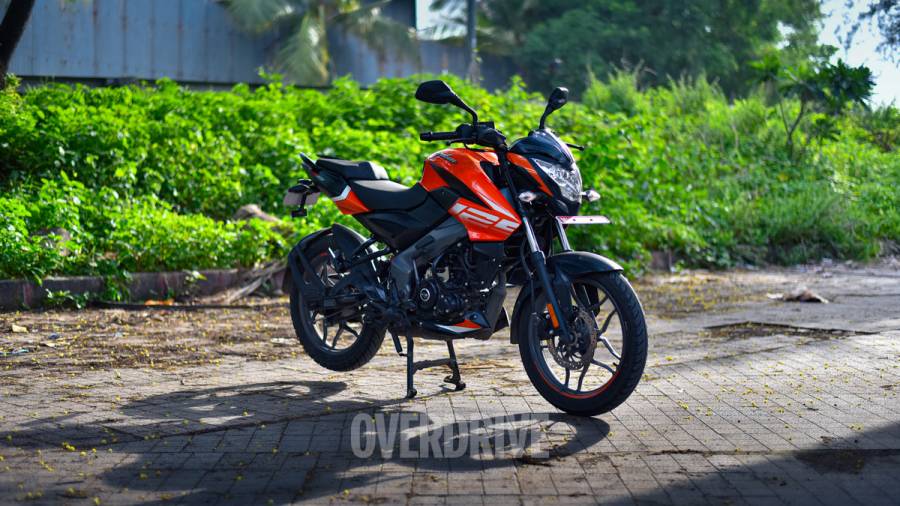
In terms of design and features there aren't any improvements and/or upgrades to the latest NS model. Just like the other two NS brethren - the Bajaj Pulsar NS200 and Bajaj Pulsar NS160 - the Bajaj Pulsar NS125 gets same old halogen headlamp unit, LED taillight, semi-digital console with limited information lighting up, 12-litre tank, two-step seat and underbelly exhaust unit. There's no single-channel ABS on offer here like with the other Pulsar NS siblings. However the rear drum brake does combine with the front disc when employed.
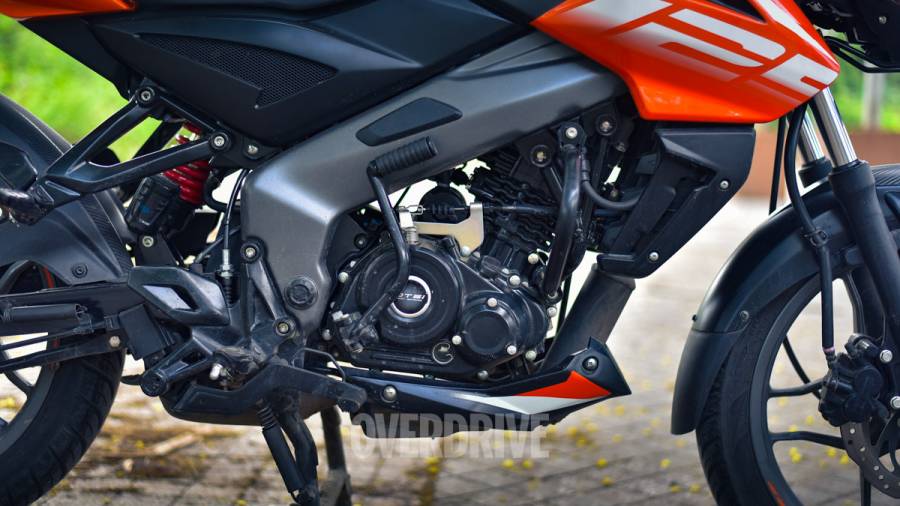
In true Bajaj fashion, the Pulsar NS125 is a mix and match of sorts. The Pulsar NS125 is a scaled down version of the Bajaj Pulsar NS160. With the Pulsar NS125, Bajaj has slotted a new 124.4cc single-cylinder engine within the perimeter of the Pulsar NS160 that's mated to a 5-speed gearbox. The new engine is based on that of the Bajaj Pulsar NS160s 160.3cc, singe-cylinder SOHC 4 Valve, oil-cooled motor and is an air-cooled unit. Power output with the Pulsar NS125 is at 12PS @ 8,500rpm and 11Nm @ 7000rpm which is around 0.2PS and 0.2Nm more than the standard Pulsar 125. It's not as powerful, tech-laden or expensive as the KTM 125 Duke and KTM RC 125, but tipping the scale at 144kg the NS125 is a lot lighter in comparison, albeit weighing 4kg more than the standard Bajaj Pulsar 125.
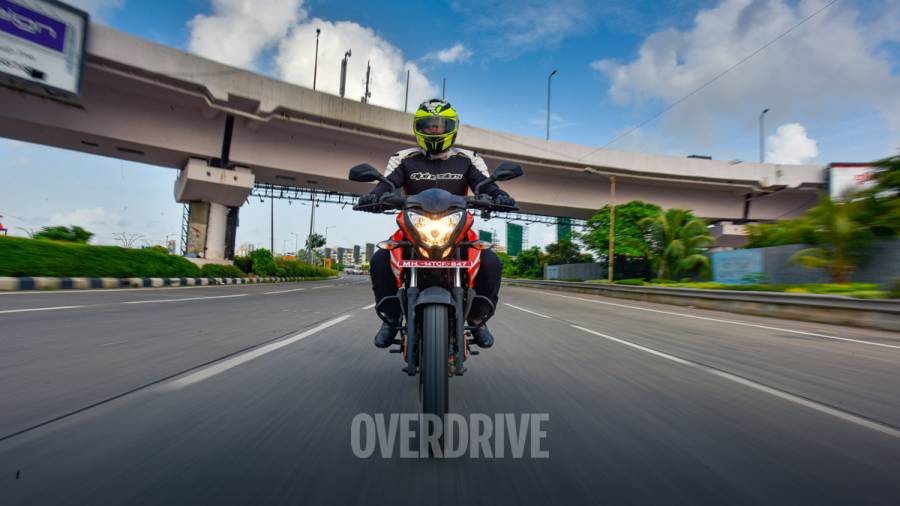
In true Pulsar NS form, the engine loves to be revved and power delivery feels decent at best low down the order, strong in the mid-range, while fading towards the red line. Bajaj has tuned the Pulsar NS125 engine to be pretty tractable as well with the bike able to pull away from 20kmph in fifth without making a fuss. In the city cruising at 40kmph in 4th at 4,000rpm felt relaxing. The riding posture isn't overly sporty, and there isn't a lot of weight on your palms but when you're astride you always get the feeling that you can change direction quickly almost instantly with this bike. Out on the highway, the fun starts after 5,000rpm and if you just want to cruise at 80kmph, you can leave it in 5th while the engine boils at 6,500rpm and you'll still have enough punch to get the better of traffic ahead fairly easily. The NS125 is not silky-smooth. It feels sporty and has a nice buzz to the way it functions for most part. There are some nice vibes to it in the low and mid rpm range and it gradually increases as the analogue tacho needle rises. Higher up towards the red line, the vibrations do tend to be a bit intrusive and when you see the rev indicator light illuminate, you literally feel like something's bound to shake loose off the bike if you keep this up over time. Mid-range is definitely where it's at with this particular model.
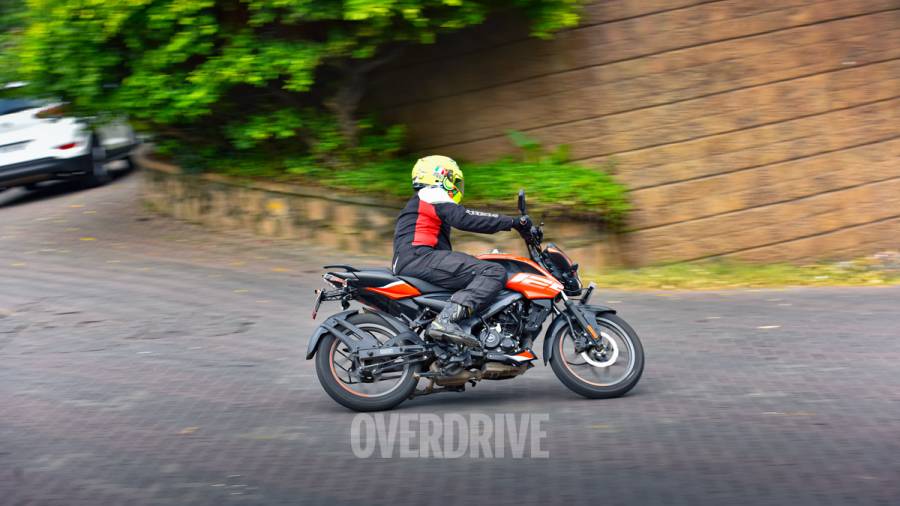
The main differentiating factor with the standard Bajaj Pulsar 125 and the Pulsar NS125 comes in the handling department. The Pulsar NS125 definitely feels more dynamic in terms of handling and in will take a lot less effort to change direction quickly. The suspension setup is nice and stiff, just as you'd expect on a bike with some Pulsar NS badging on it.
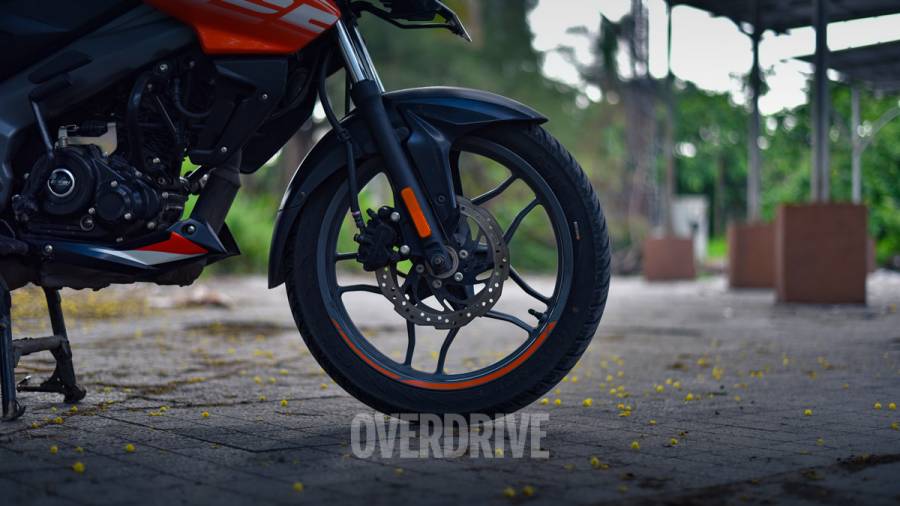
Now appearance alone, the Pulsar NS125 appears to have skipped on a couple of leg days at the gym with its tubeless 80/100 17-inch (f) and 100/90-17-inch (r) tyres, and that really goes to show when you hit the road. At times the tyres felt like they were on the limit when the bike had more to go. The front brake functions well but the feel at the lever is a bit diluted and not strong.
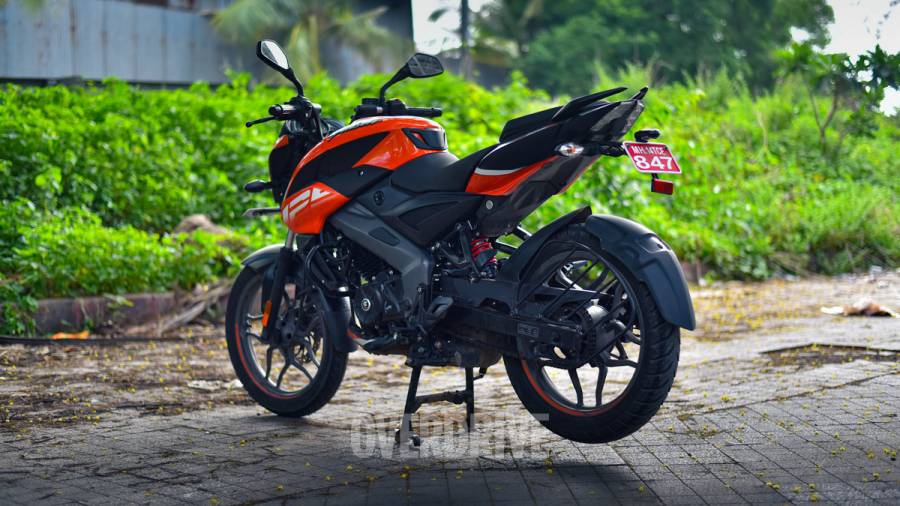
Available in four colour options with an asking price of Rs 98,234 (ex-showroom, Delhi), the new Bajaj Pulsar NS125 is almost Rs 18 grand more expensive than the standard Bajaj Pulsar 125 . Of course, the Pulsar NS125 is meant to cater to the more enthusiastic customer and seeing the price tag that the KTM 125 Duke comes with (over the Rs 1.50 lakh mark) the baby Pulsar NS could do quite well in its segment.
Starts Rs 98,234
124cc
5-Speed
11.99
11.00
-NA-
Starts Rs 70,995
124cc
5-Speed
12.00
11.00
-NA-
Starts Rs 1,00,307
200cc
6-Speed
23.52
18.30
58.00 Kmpl
Starts Rs 82,624
160cc
5-Speed
15.50
14.60
-NA-
Starts Rs 1,38,041
125cc
6-Speed
14.50
12.00
-NA-
Starts Rs 1,82,000
125cc
6-Speed
15.14
12.00
-NA-

